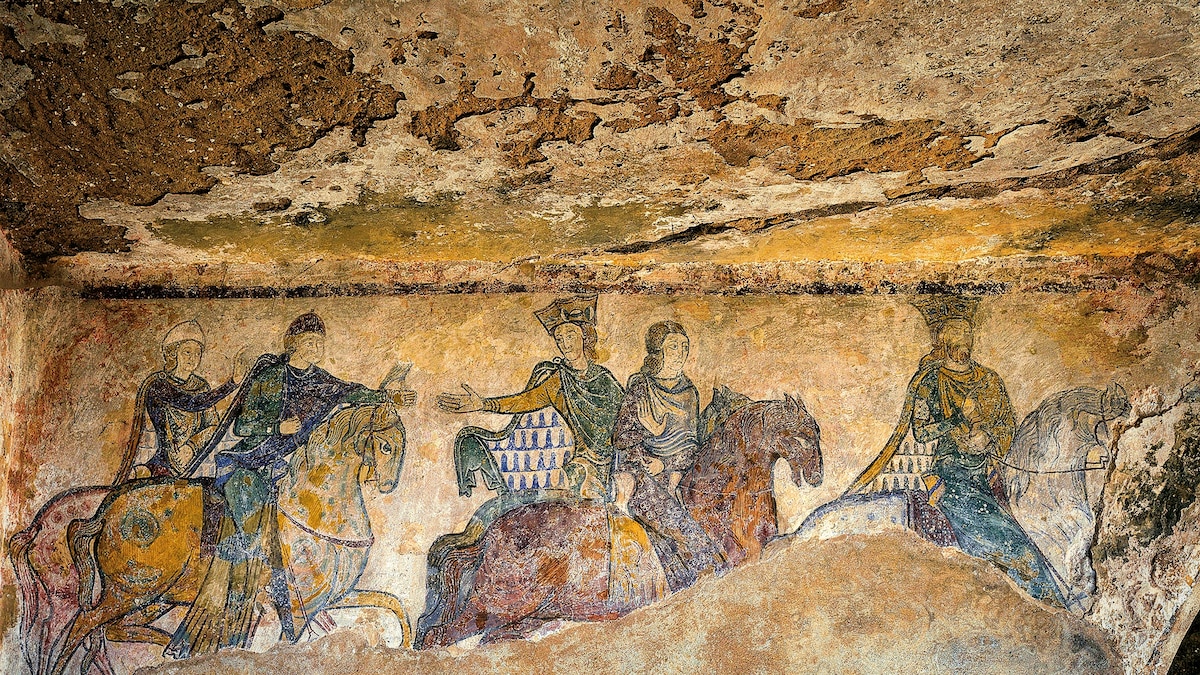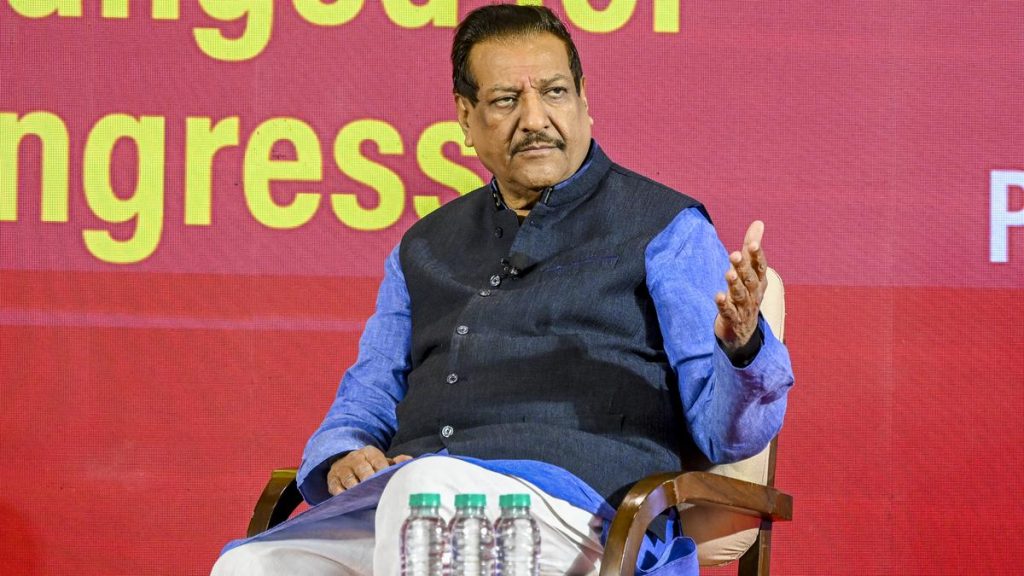Now Reading: Assessing the Legacy of King John: Misrule or Misunderstood?
-
01
Assessing the Legacy of King John: Misrule or Misunderstood?
Assessing the Legacy of King John: Misrule or Misunderstood?

Quick summary
- King John of England, nicknamed “John Lackland,” is remembered as one of history’s most controversial monarchs.
- His reputation for cruelty and governance failures contrasts sharply with his brother Richard teh Lionheart’s legacy as a heroic and generous ruler.
- the Plantagenet dynasty, to which John belonged, controlled vast Anglo-French territories but frequently enough grappled with internal familial rivalries.
- John’s impulsive actions included politically motivated marriages and ruthless treatment of rivals, such as rumors surrounding the murder of his nephew Arthur of Brittany in a succession dispute.
- He alienated nobles by reforming management and increasing taxes while losing key French territories following military defeats-marking the collapse of the so-called Plantagenet Empire.
- A feud with the church over Archbishop Stephen Langton led to six years under papal interdict; reconciliation came after he declared England a vassal state to Rome.
- Forced by rebelling barons in 1215,John signed (and later defied) the Magna Carta-a landmark document advocating judicial fairness and limiting monarchical power.
- Entering further conflict with rebellious barons and suffering dysentery, King John died in 1216 amidst civil unrest at age 49.
Indian Opinion Analysis
King John’s turbulent reign provides insights into leadership struggles that arise from weak political alliances and personal failings-universal challenges experienced across eras globally, including India’s own rich historical tapestry filled with dynastic complexities. His inability to maintain feudal loyalty or manage ecclesiastical disputes illustrates how governance relies heavily on balancing diverse interests among stakeholders-a lesson governments worldwide observe even today while managing federal systems or regional tensions.for India specifically-as it functions both as a modern democracy rooted in Constitutional values-it echoes certain lessons regarding checks on executive power akin to Magna Carta principles ensuring rights against misuse by authority figures historically felt here during colonial rule too shaping post-independence lawful frameworks Indian public benefits secured current mechnisms needing continuous debates!
Read More: National Geographic

























